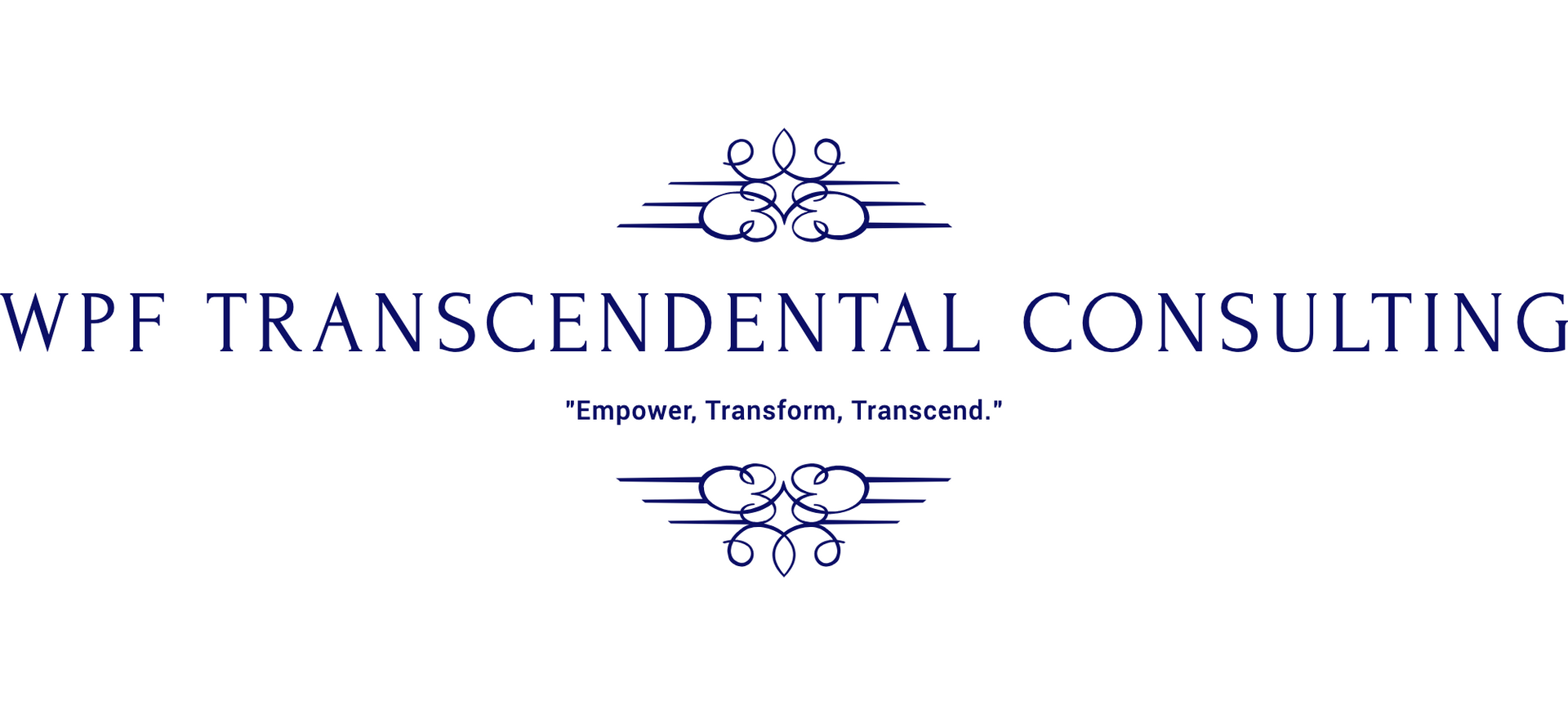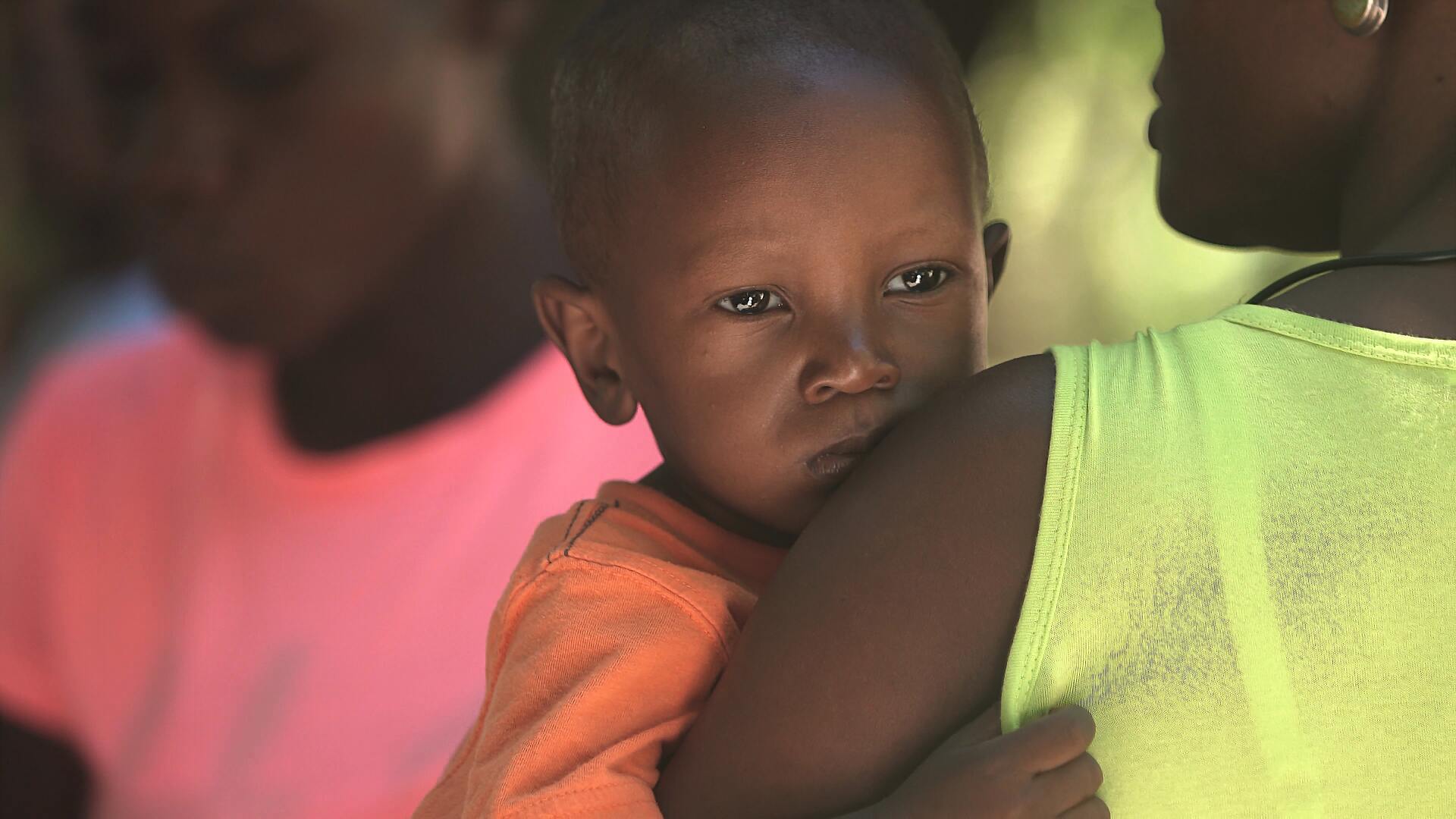"Navigating Shadows: Growth Amidst the Echoes of Institutionalized Racism at a Primaritly White Intititution"
"Strength in the Struggle: Embracing Identity and Resilience on a Predominantly White Campus"

As I stepped onto the campus of a predominantly white institution, I carried with me not just my dreams and aspirations but also an acute awareness of the complex layers of identity I embody. This journey through college was not just about academic growth; it became an intensive lesson in navigating the intricate dynamics of race, privilege, and perception. The legacy of institutionalized racism, deeply embedded within the very fabric of such institutions, casts long shadows, shaping experiences for those of us from marginalized communities.
The initial days were marked by an undercurrent of isolation, a palpable sense of being an outsider in a space where the narratives and structures did not reflect the diversity of the world outside its ivy-covered walls. Instances of negative perception were not uncommon; microaggressions and outright biases subtly, yet significantly, colored interactions. These experiences, while disheartening, sparked a profound period of introspection and self-discovery. It was within this challenging environment that the psychology of growth and development took on a deeply personal meaning.
This journey was not just about confronting the negative perceptions from others but also about dismantling the internalized stereotypes that years of systemic bias had ingrained within me. The constant navigation through spaces where my presence was often perceived through a lens of stereotypical assumptions forced me to develop a resilience and strength I hadn't known I possessed. It was here, amidst the struggle, that I discovered the power of my own voice and the importance of asserting my identity in spaces that were not designed with me in mind.
Moreover, this experience highlighted the crucial role of community and allyship. Finding solidarity with peers who shared similar experiences or understood the importance of supporting marginalized voices was invaluable. It provided a sense of belonging and a safe space to share, heal, and grow. These connections were not just about mutual support but also about fostering an environment of learning and empathy among those outside our immediate experiences, challenging and reshaping the narrative within the institution itself.
Reflecting on my college years at a predominantly white institution, the journey was undeniably marked by challenges, yet it was these very obstacles that catalyzed a profound psychological growth and development. The lessons learned went far beyond academic knowledge; they were about resilience, identity, and the power of community. This journey taught me the importance of creating spaces of inclusivity and understanding, of the need to continuously challenge and dismantle the structures of institutionalized racism, and most importantly, the realization that personal growth often comes from the most unexpected sources of resistance. My experience at this institution is a testament to the strength derived from navigating the shadows, a reminder that even in the most challenging environments, there is always the potential for growth, change, and the reclamation of one's own narrative.










